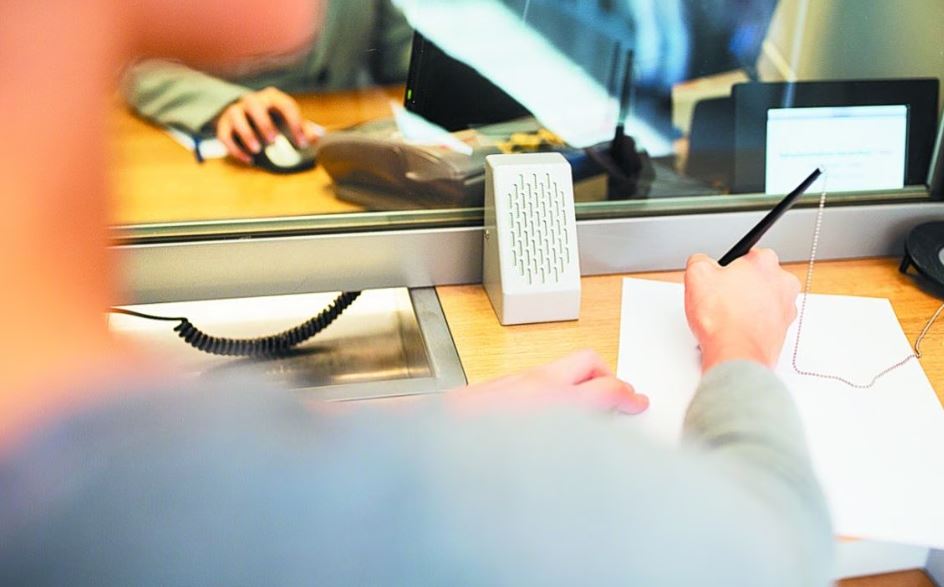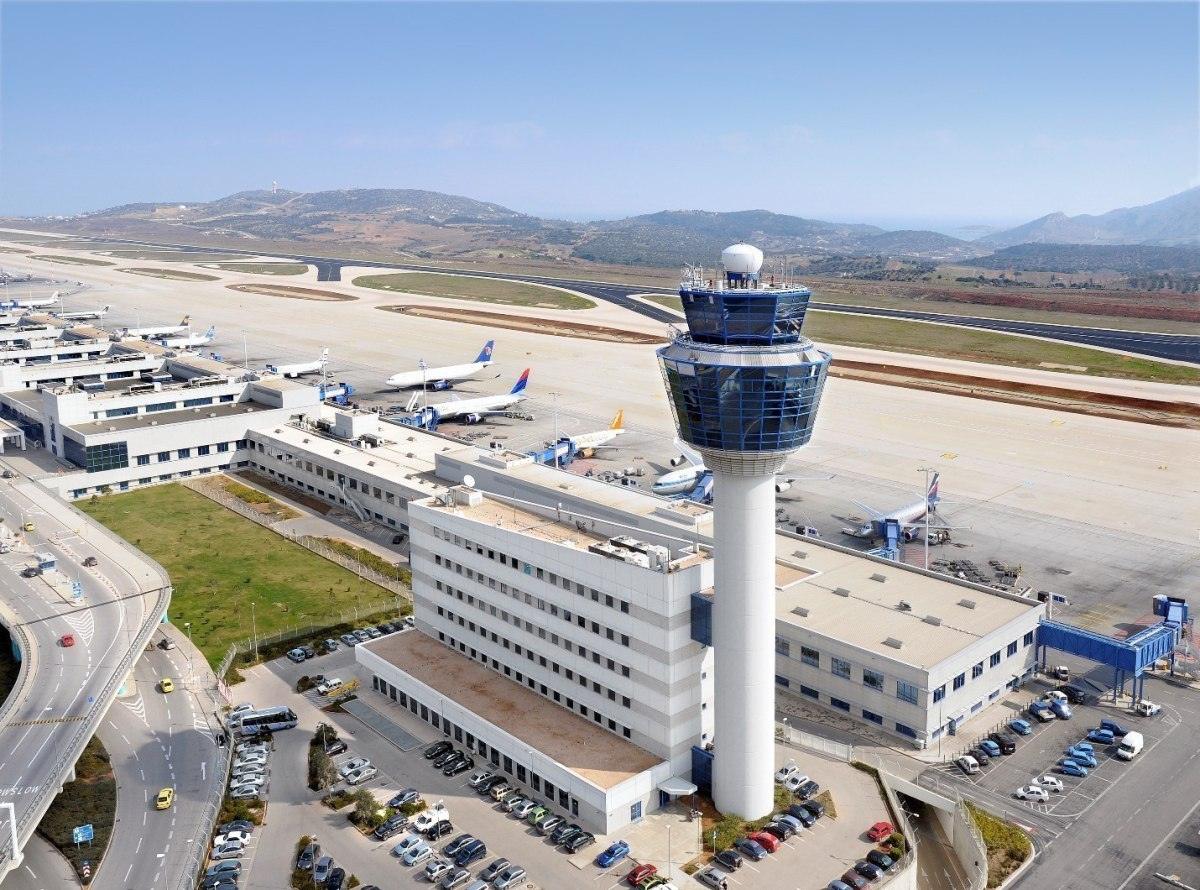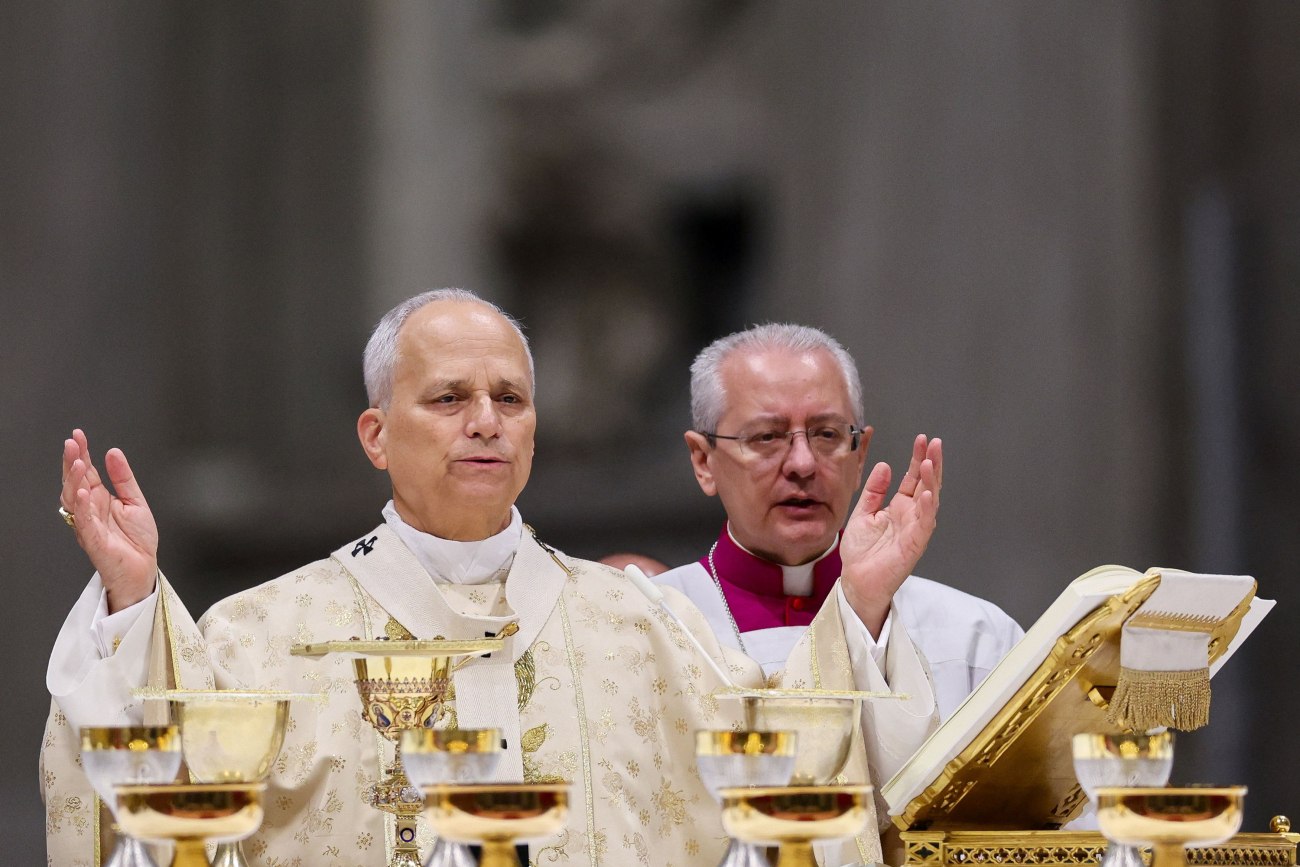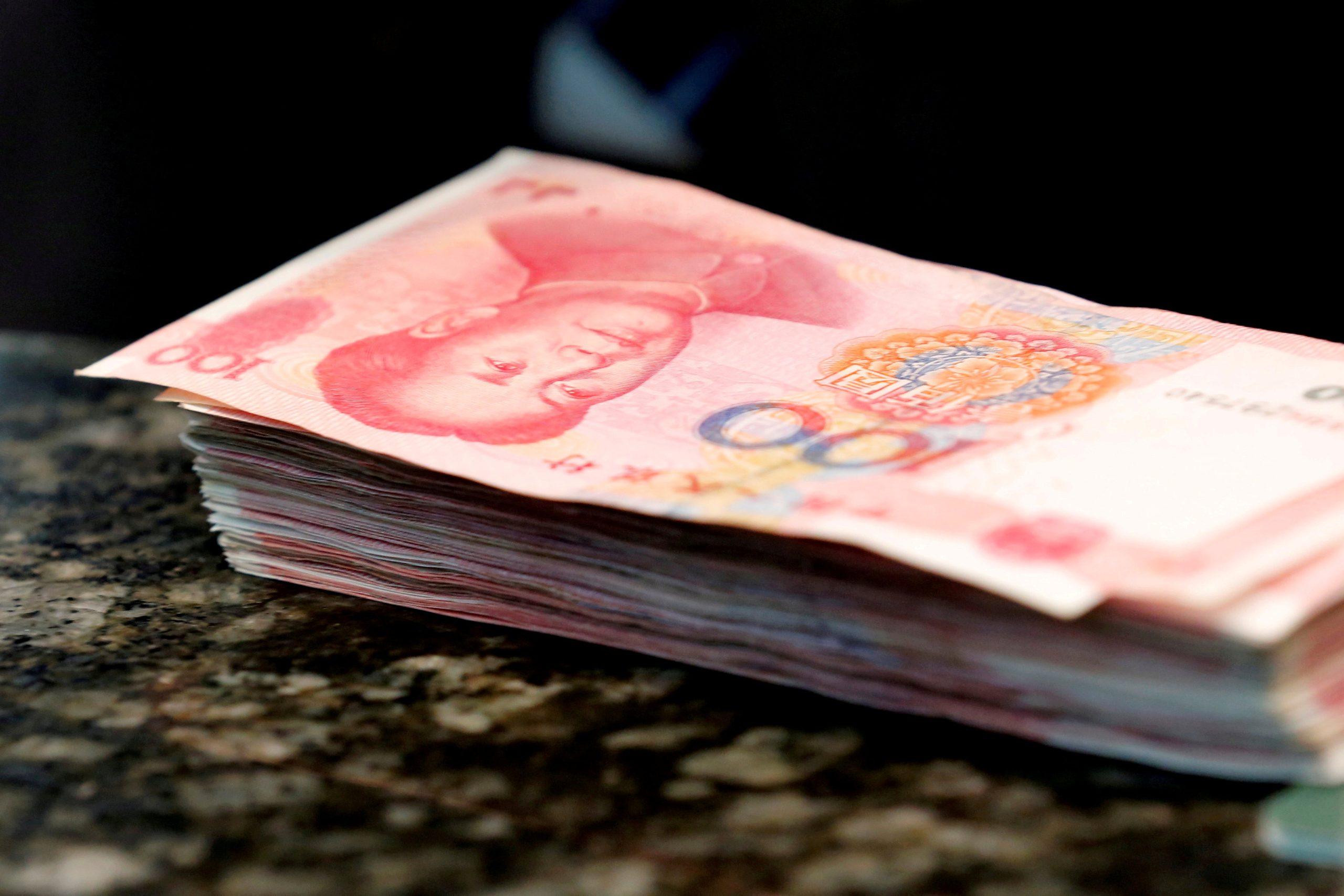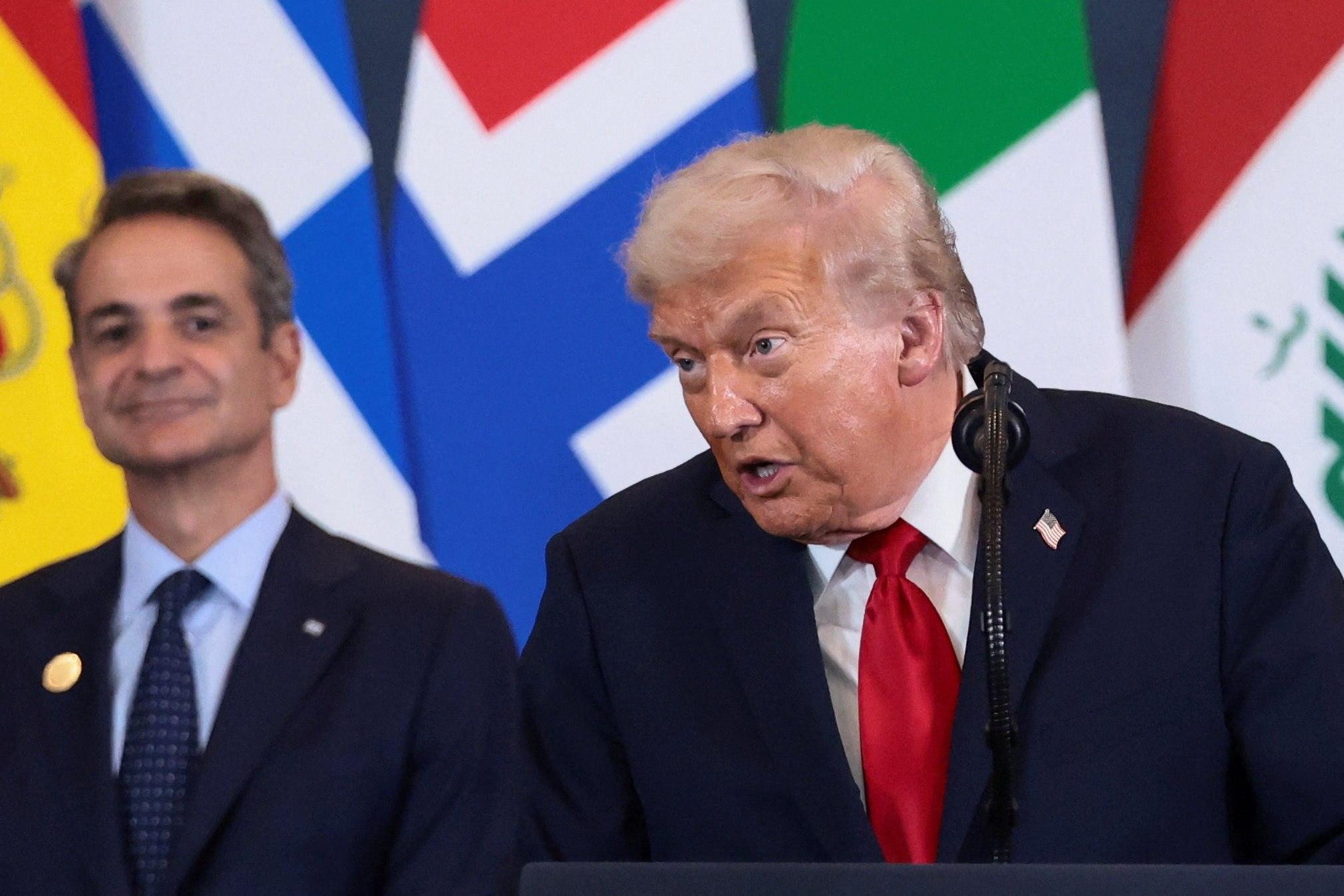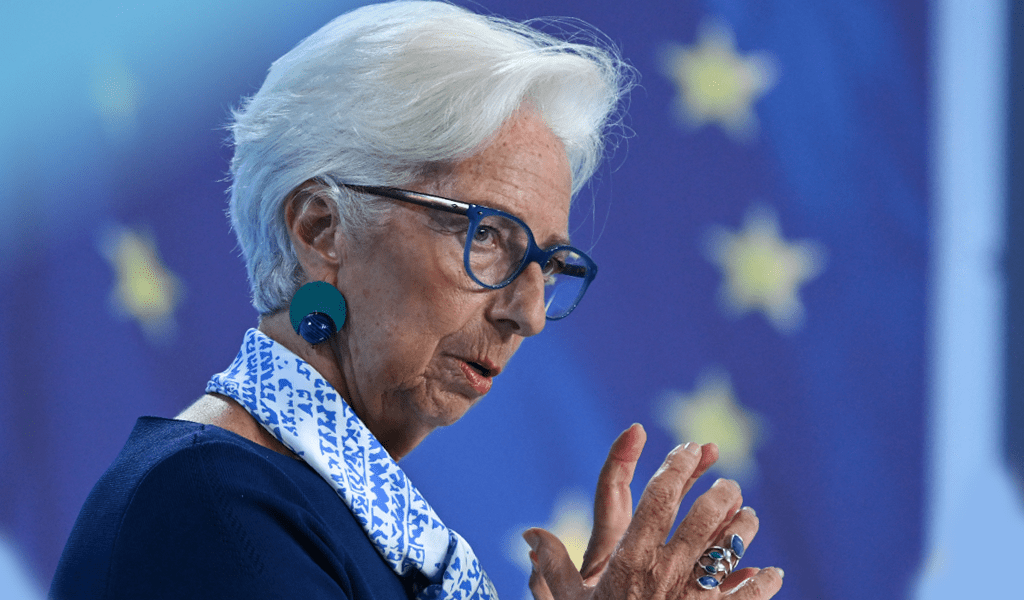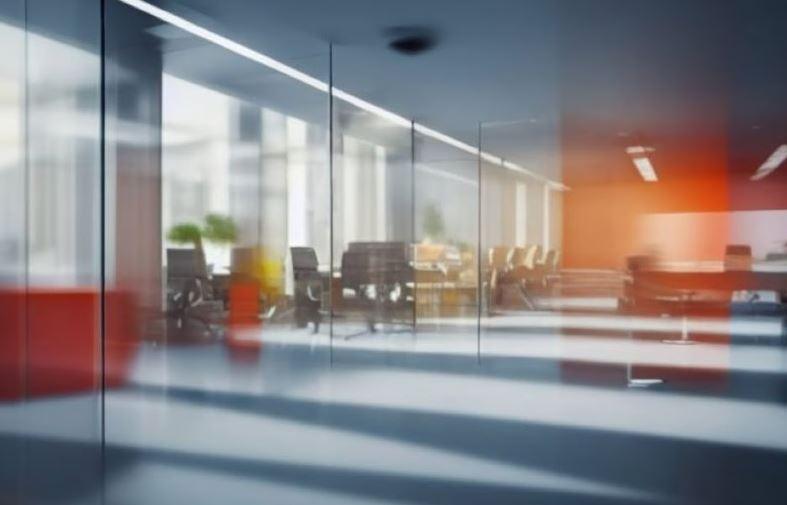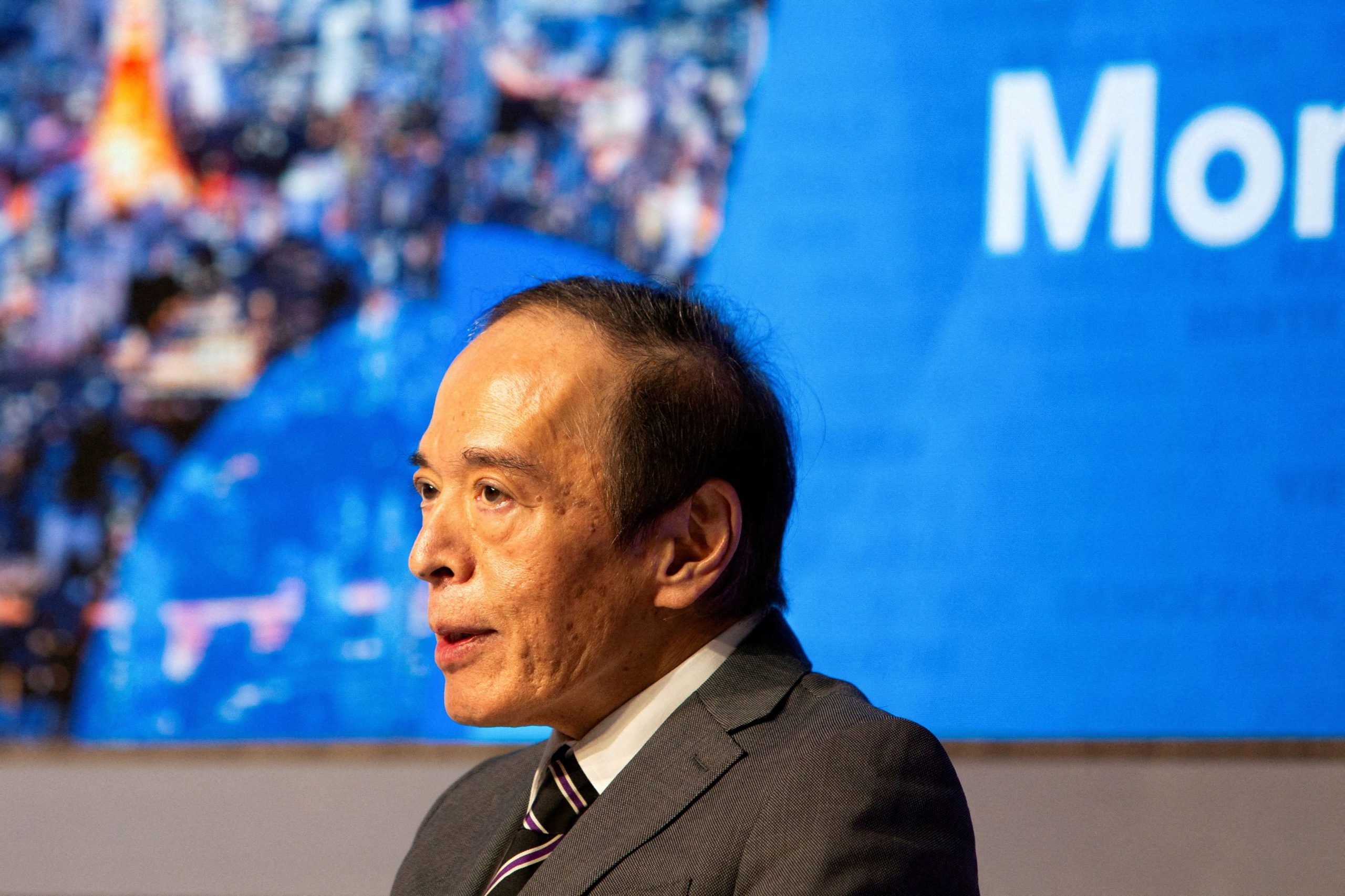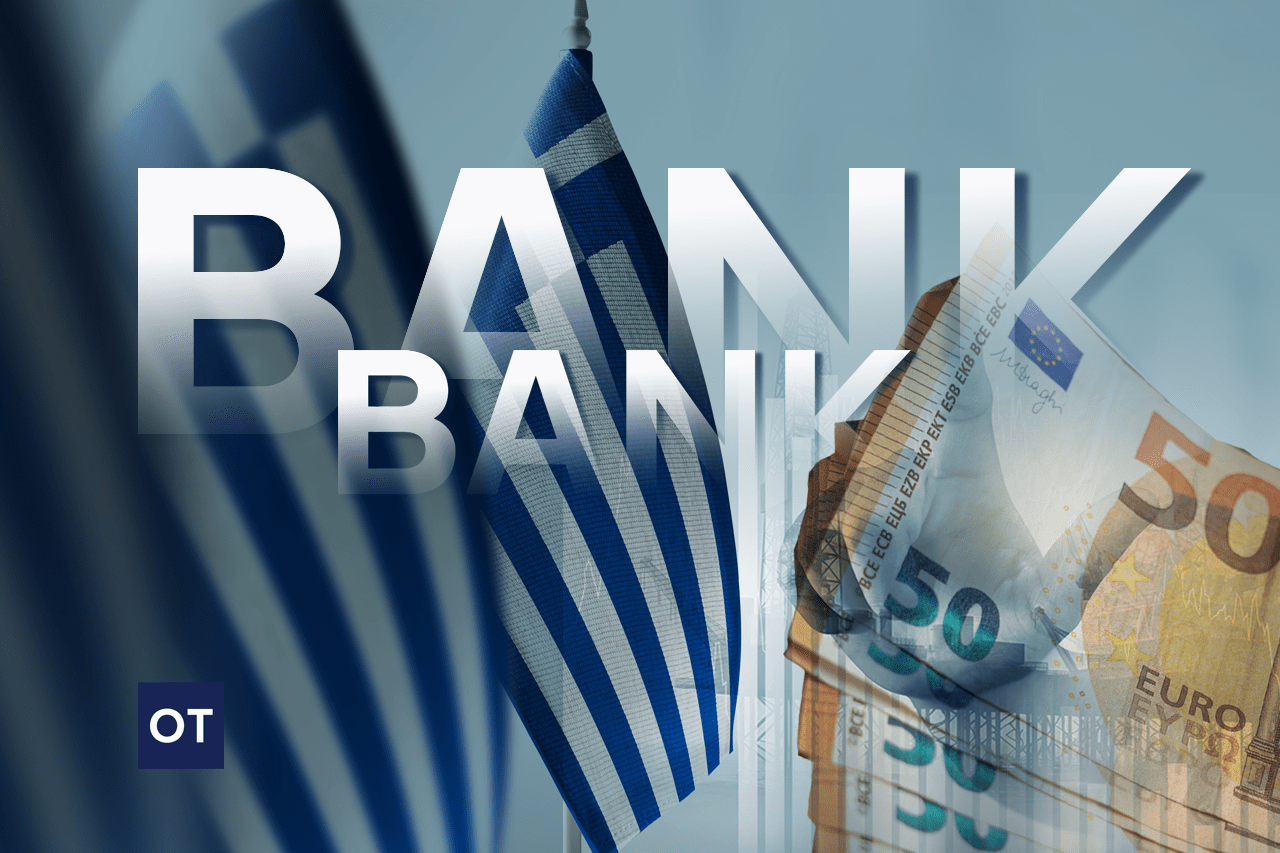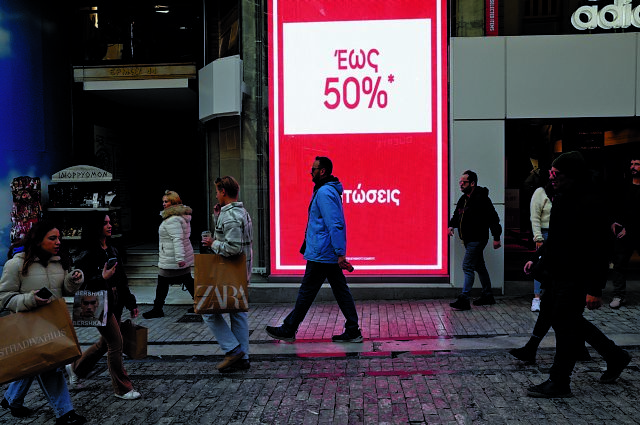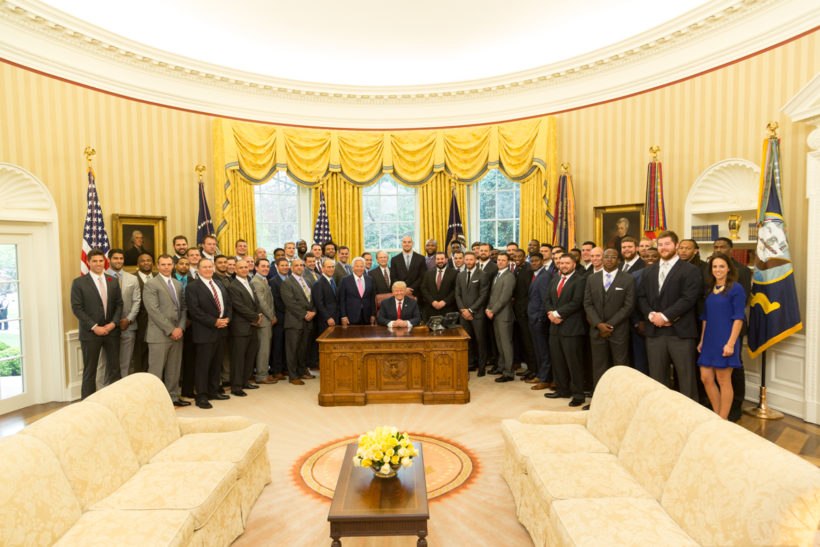In a vivid discussion about “green entrepreneurship and the circular economy”, as was the title of the event, the first open presentation of the “Symvallo” network, an initiative recently formed with the aim of “overcoming the current state of affairs with the establishment of the circular economy, saving resources and sustainability” as axes “to protect the environment and prosper society and our country”, as stated in the declaration.
“Going through the first quarter of the 21st century, securing our common future goes through combining economic growth with the protection of social and environmental balances” proclaims the initiative which, as emphasized by the representative of the network’s temporary governing committee, the president of VKC Vassilis Karatsolis, is not a trade union body, but a scheme whose aim is to contribute with proposals, actions and ideas to local bodies and national and European institutions for the protection of the environment, the promotion of the circular economy and the green entrepreneurship.
“De-demonization of consumption”
The purpose of the network, as Mr. Karatsolis said, is to highlight the protection of the environment from a different point of view which “de-demonizes consumption”. “It’s not the materials that pollute, but the actions,” he noted, underlining that most packaging in the last decade comes from homogenized materials that can be easily recycled. He asked for incentives from the local administration and European institutions, so that the packaging of the products comes from 30 to 50% recyclable raw material. “Only in this way will there be an incentive for recycling, which will bring an increase in GDP, jobs and environmental protection,” he argued.
He cited the ban on plastic straws, which are “100% recycled”, as an example of a flawed strategy. The problem, he said, is that “proper collection procedures have not been established”, a problem that is not solved with paper straws, which are made from pulp derived from cutting down trees. “One frappe requires three times the amount of materials from the environment,” he said.
He noted that proper collection procedures must be established, stressing that there is no need to sort at the source between aluminum, plastic and paper since “there are state-of-the-art optical separators” for the job. He also described the EU’s attempt to ban the export of recyclable materials from Europe as a “crime”, noting that the bloc can only retain 40% of recyclable materials, with the rest being exported. “The goal of the “Contribute” network”, he concluded, is “to contribute to establishing good practices that will not oppress consumption”.
“A New Period”
It was preceded by the introduction of the general manager of “Symvallo”, Christos Karagiannis, who described the newly established network as an expanded body consisting of companies that already have circular cooperation with each other, such as publishing companies, recycling and recycling companies, paper mills , canneries, project machinery and shipping companies. “The concept of ‘Contribute’ paves the way for a new period in the country, with businesses showing the way of cooperation for environmental protection,” he said.
Tourism Minister Vassilis Kikilias
The Minister of Tourism, Vassilis Kikilias, addressed the greeting, underscoring the increasing importance that tourists give to the environmental footprint of the destinations they visit. He noted that in collaboration with TUI, the South Aegean region intends to turn Rhodes into the first sustainable tourist destination, while he appeared optimistic that in 2023 tourist flows will move higher than in 2022. He emphasized that initiatives like this one “pave the way for a new period in Greece, where businesses show the way of cooperation in order to protect the environment for the benefit of society, people and the country”.
A round table discussion followed with the participation of Spyros Kouvelis, Director of the Sustainable Development Institute of the European Public Law Organization, Andreas Andreopoulos, Acting Rector of the E.M.P., Antonis Mavropoulos Chemical Engineer and Yannis Razis, General Manager of the Hellenic Recycling Utilization Company.
A planet of ‘plastic, steel, cement and ammonia’
Despite the efforts made in the direction of the green transition, for the next 40-50 years the world will continue to consist of “plastic, steel, cement and ammonia”, clarified Mr. Mavropoulos, taking the floor first. As he explained, these are four materials that require a lot of energy and energy density, which will make it increasingly difficult to move away from fossil fuels. He noted that, according to the World Bank, to achieve the climate goals set by 2050, 3 billion tons of new metal components for RES, cables, electric propulsion and batteries are needed, which “simply do not exist”. So 40% must come from recycling. In this respect, he noted, the circular economy is a prerequisite for curbing climate change.
Referring to moves at EU level, he noted that trade in recyclables cannot be confined to geographical units, as this would deprive materials from markets that need them, while distorting the bloc’s internal market. He warned that citizens, institutions and businesses must prepare for a cycle of huge changes, mainly due to the 4th industrial revolution of which the circular economy will be a part. He called on businesses to be more outgoing and invest seriously in IT and information management.
A new 83 billion euro industry
Taking the floor, Mr. Kouvelis noted that environmental issues do not accept an “à la carte” approach, i.e. one cannot choose between the circular economy or climate protection. “If you don’t do one, you don’t have the other,” he explained. He underlined that the circular economy can increase the EU’s GDP by 0.5%, creating a new industry of €83 billion and creating 700,000 new jobs.
He emphasized that the goal is not to limit consumption but to consume more intelligently, using as an example cars which are expensive, lead to a huge waste of resources and remain parked for 92% of their life time. He explained that new technologies can help develop circularity, which he noted should be seen as an investment as, among other things, it is of great importance to shield the European economy.
He underlined the need for products to be designed from the outset with sustainability criteria in mind, so that the waste of one business is turned into the raw material for another. He called for a move away from the logic of “business as usual” and emphasized that the emphasis should be on the beginning and not the end of a product’s life. “The more circularity we put into materials the more we increase the added value,” he noted, concluding by pointing out that the issue is not to limit consumption, but to ensure that a product’s path is truly circular.
The role of central public administration
Taking the floor, Mr. Razis noted that despite the generally low recycling rates, in some sectors Greece is in the first positions all over Europe, such as in battery recycling. He said that the goals set for the period 2025-2030 are ambitious, which makes it imperative to enter digital technology into the chain of recycling, expanding infrastructure and maintaining the viability of existing projects.
He argued that many of the problems stemmed from “acts or omissions” of the central public administration, especially “in the last two years”. Regarding the promoted warranty system, i.e. the payment of an extra fee with the purchase of a product which is returned to the consumer upon recovery of the packaging (as is done today with glass bottles), Mr. Razis noted that it is not a panacea, it does not solve the problem of recycling and it will cost quite a bit of money. He drew attention to the transparency and seriousness required in the management of consumers’ money.
The role of education
Finally, Mr. Andreopoulos described the issue of educating citizens, especially young people, in recycling as capital. He was in favor of the “demonization”, as he said, of plastic, noting that it is not self-evident that the paper product is always better. He called for “not to be fearful” and “to look forward by introducing technological achievements”. He referred to Greece’s high-level scientific potential, speaking of comparative advantages that allow us to look at things “with courage and not with fear”.
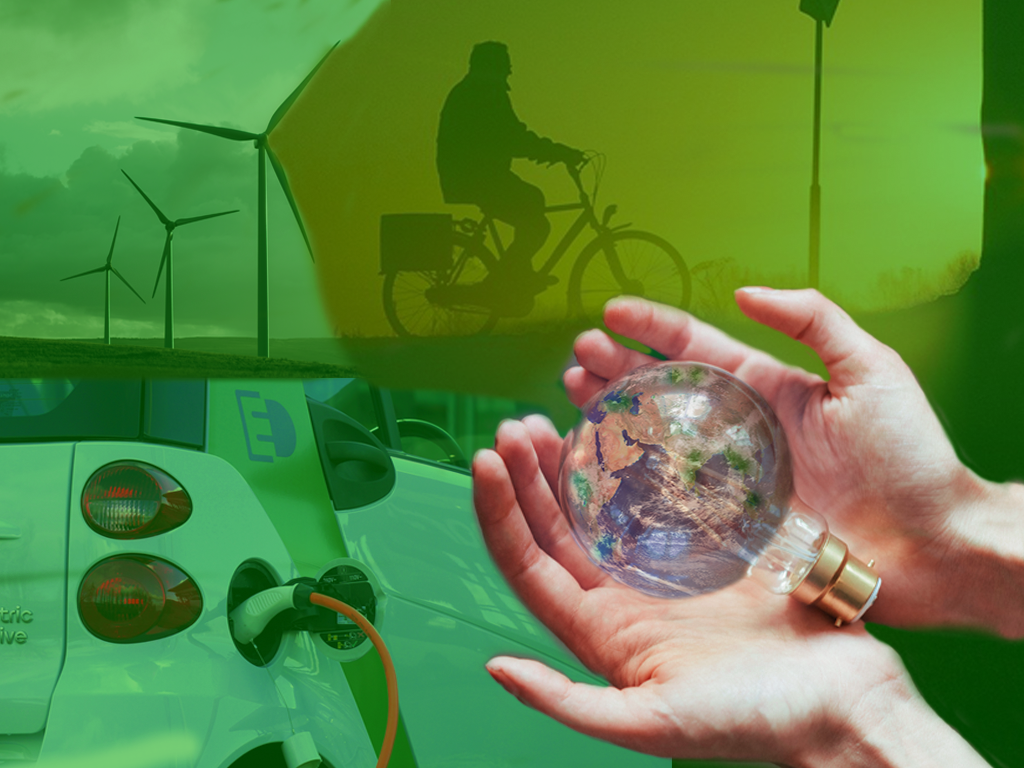
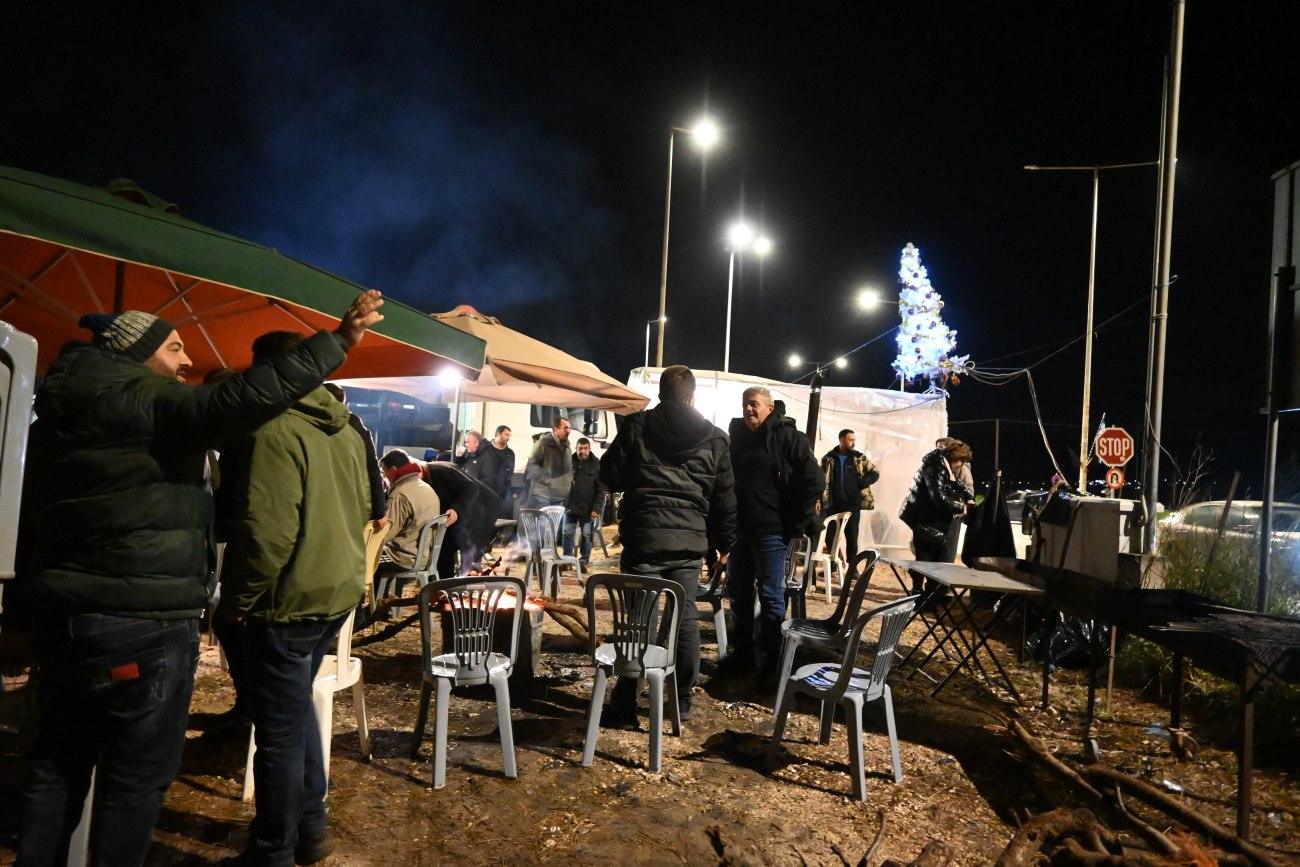
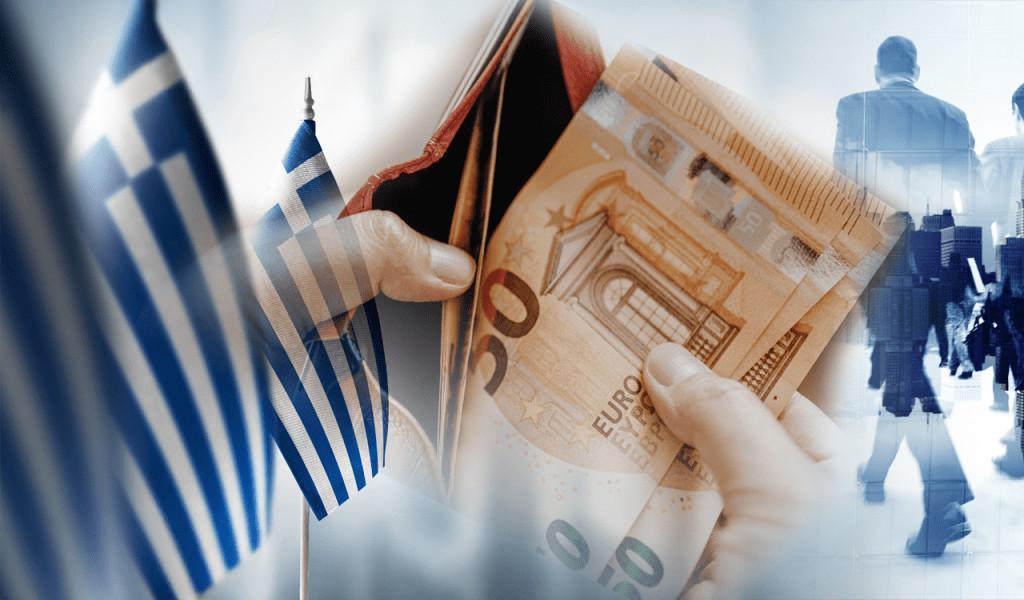

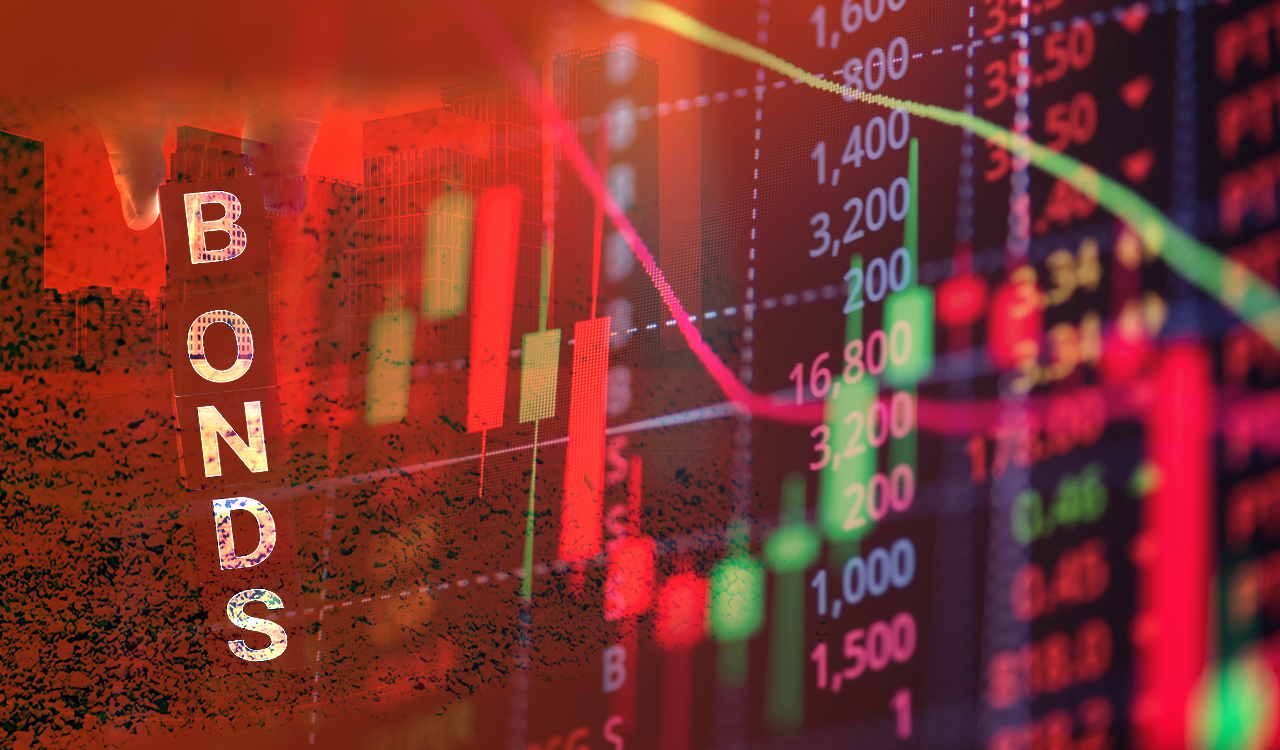




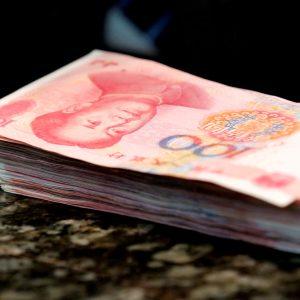


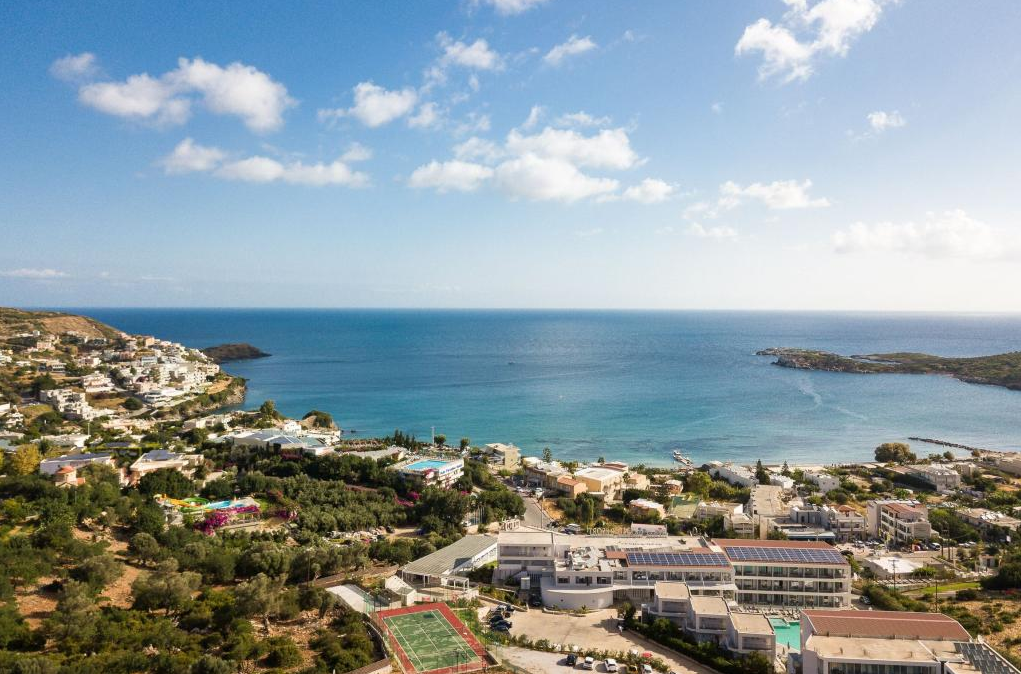
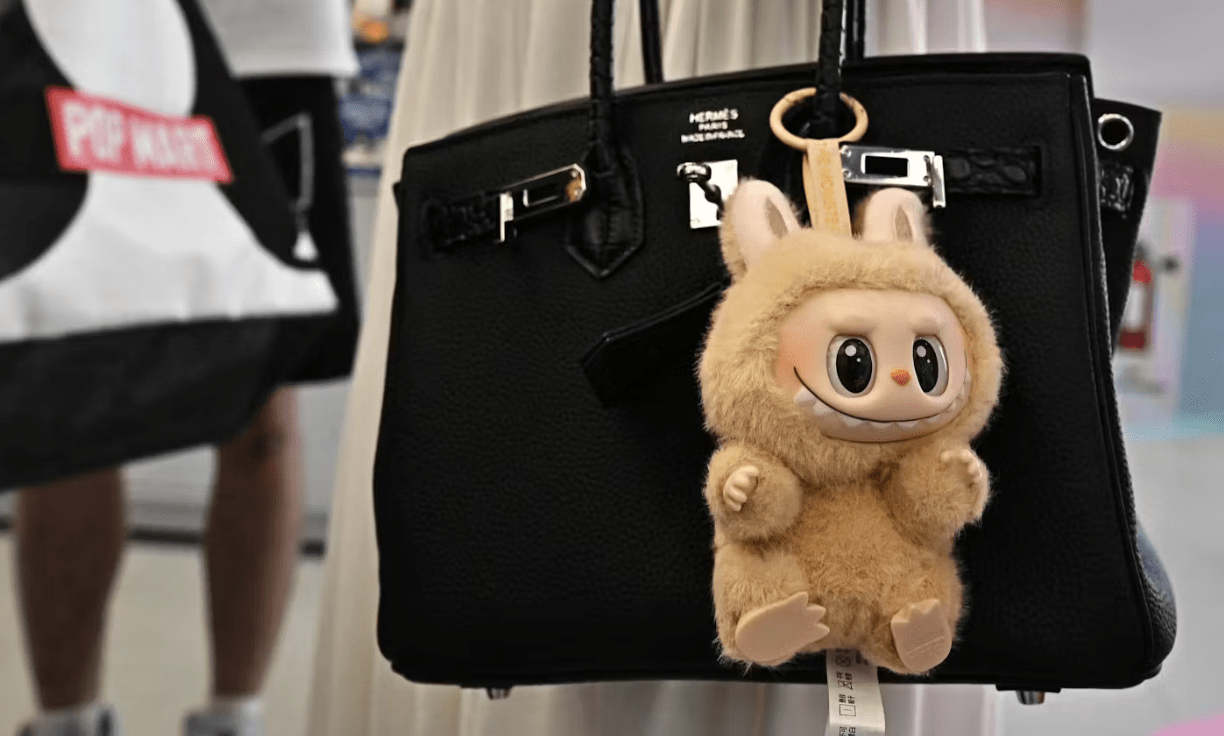
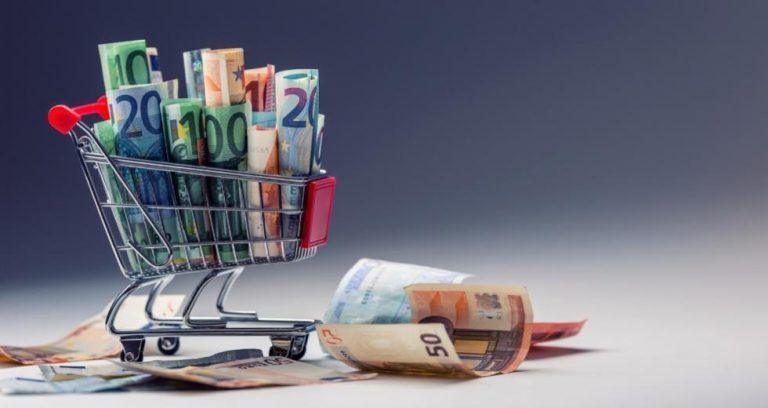

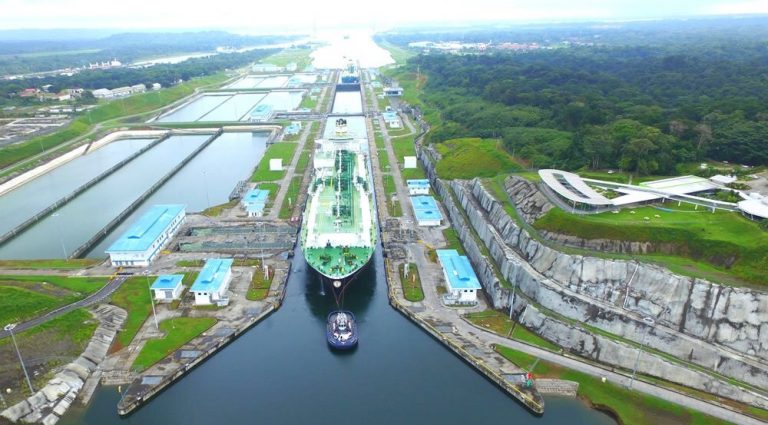
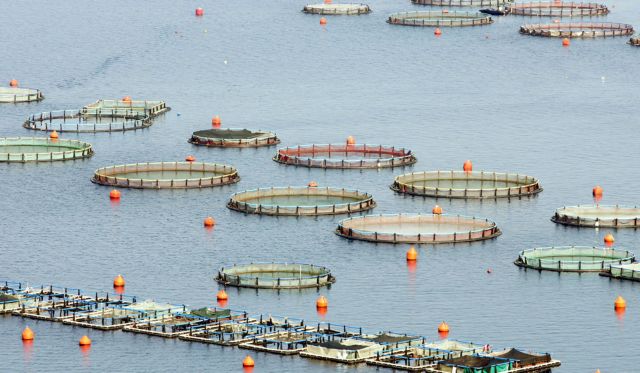
![Επαγγελματικά ακίνητα: Στα ύψη οι τιμές ενοικίασης – Οι περιοχές [πίνακες]](https://www.ot.gr/wp-content/uploads/2025/12/graf-1024x551-1.jpg)



